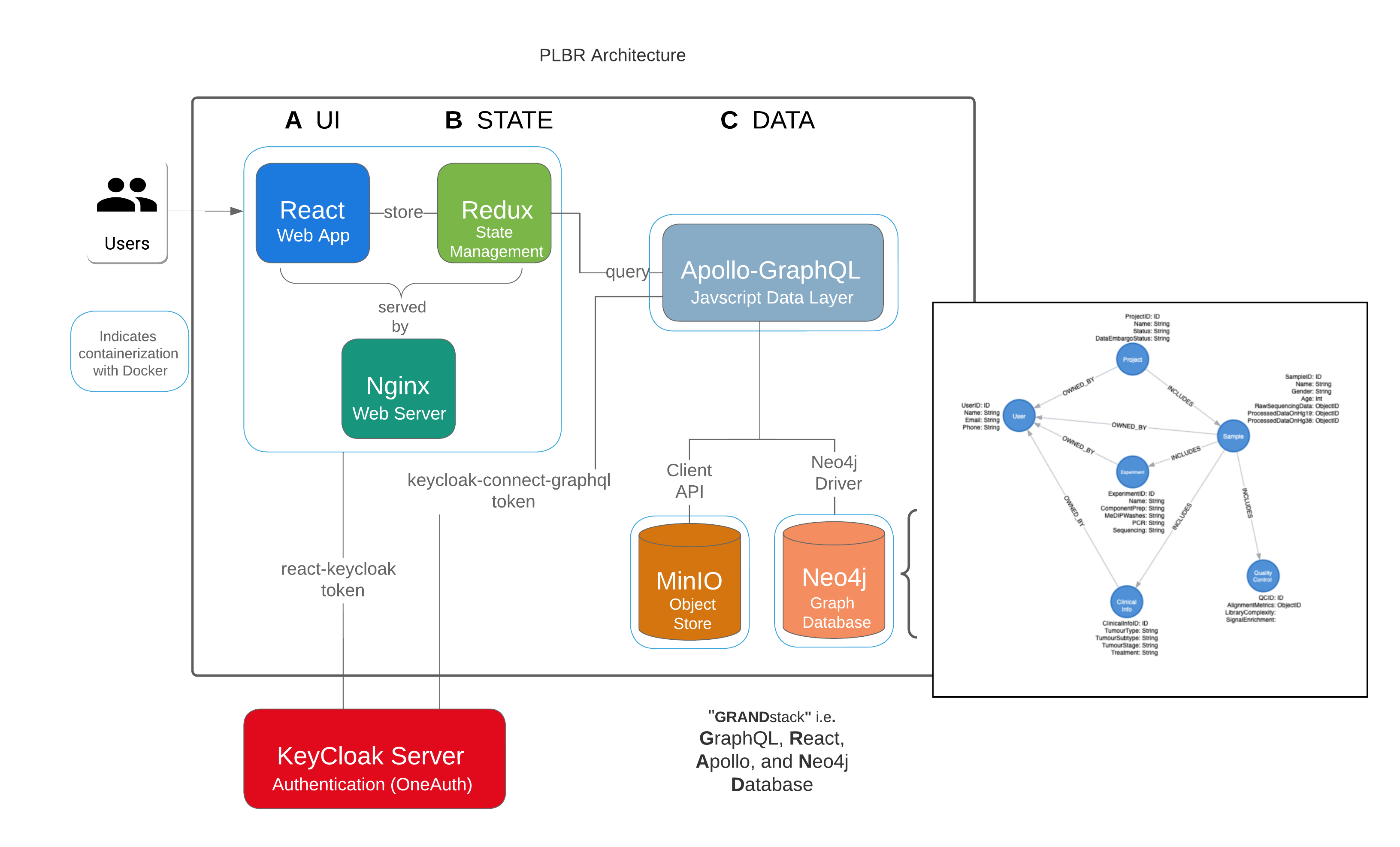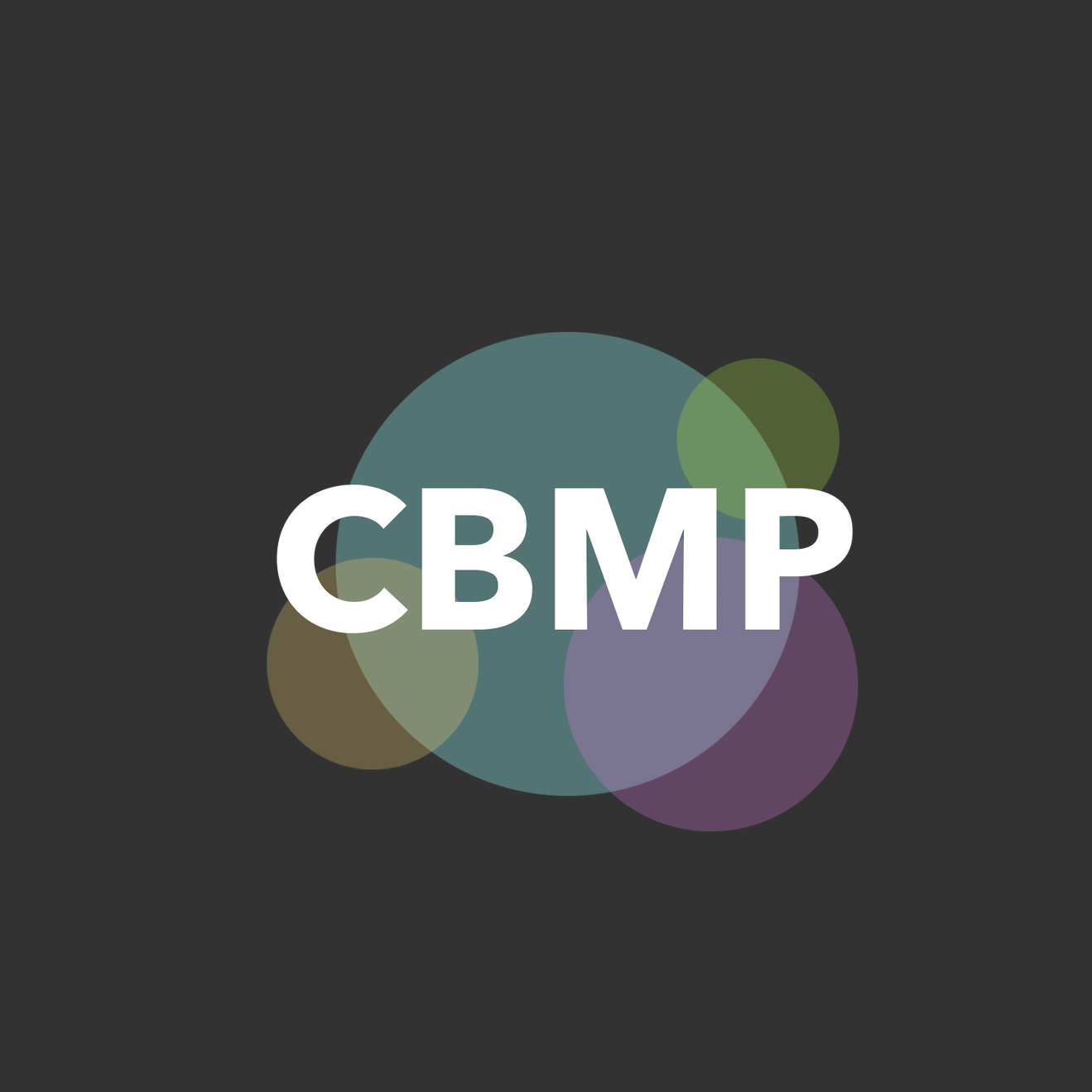Info Last updated: 2022-10-26 00:31 EST
About us
VPN Protected!
Database portal (db.fragmentomics.ca) is currently only accessible using UHN VPN and with verified access to data.
PLBR: Phenomic Liquid Biopsy Resource (fragmentomics.ca), is a database and scalable web portal incorporating a graph-based architecture for exploration of liquid biopsy data. Liquid biopsy (the analysis of cell-free DNA to identify tumour signatures) represents a major advancement in cancer diagnostics and early detection. However, there is currently no centralized repository for the large amount of genetic and epigenetic data generated by these cell-free DNA screens. Thus, this valuable data is being siloed into small, disconnected research spaces, which puts significant drag on the pace of liquid biopsy development.
To improve the accessibility of liquid biopsy data, and in particular fragmentomic profiling data, we present PLBR (fragmentomics.ca). PLBR will act as a centralized repository for fragmentomic data, thereby de-compartmentalizing the currently disjointed landscape of cfDNA screening data and allowing researchers to quickly and easily share this valuable data with their colleagues.
Key to the detection and analysis of ctDNA have been development of genome-wide genetic and epigenetic signatures associated with specific cancer phenotypes. To enrich for, and further develop, such signatures in cell-free DNA multiple unbiased approaches have been developed to generate comprehensive DNA maps of fragmentation and copy number variation indicative of cancer-of-origin (shallow / low-pass whole genome sequencing), methylation indicative of gene silencing (e.g. cfMeDIP-seq, cell-free 5-methylcytosine DNA immunoprecipitation and high-throughput sequencing), hydroxymethylation indicative of gene activation (5hmC-Seal for cell-free 5-hydroxymethylcytosine), and mutational sampling indicative of tumour burden (deep >30X plasma WGS and gene panels).
Initially focused on basic and translational research for early detection and monitoring of disease, we will implement necessary data governance, authentication, and authorization controls to encourage uptake and contributions by clinical laboratories, as well as programs that may repurpose data beyond cancer with appropriate consent.
By centralizing and improving access to cfDNA screening data, the Phenomic Liquid Biopsy Resource represents a powerful synchronizing force between data generators and bioinformaticians. PLBR will facilitate the strong community of researchers at Princess Margaret in their efforts to gain new insights into cancer genomics via cfDNA analysis. In the short-term, this will enable numerous new collaborative research projects using the once-inaccessible wealth of fragmentomic data. In the long-term, the PLBR will result in improved detection of early-stage cancers as it facilitates further research into liquid biopsy technologies.
Funding
PLBR is proudly supported and funded by the Canadian Cancer Society, the Computational Biology and Medicine Program, Princess Margaret Cancer Centre, and the University Health Network.
Development team
Architecture





